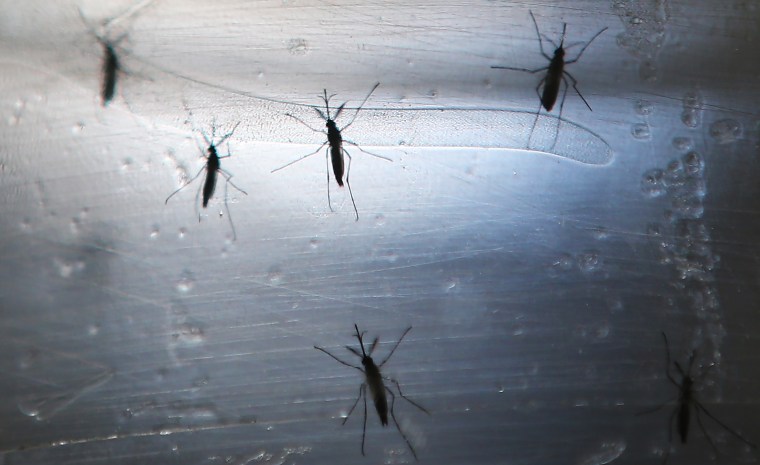The Food and Drug Administration has ordered all blood collection centers in Florida's Miami-Dade and Broward counties to stop taking in blood as state health department officials continue to investigate four possible cases of local transmission of the Zika virus.
In a statement posted on its website on Wednesday, the FDA said blood centers should stop collecting blood in the two counties until they can implement testing for the Zika virus in each unit of blood collected, or until they can put in place technology that can kill pathogens in collected blood.
Related: Any Kind of Sex Can Spread Zika, CDC Says in Updated Guidance
The FDA also recommends that nearby counties implement the same measures to maintain the safety of the U.S. blood supply.
The steps follow Florida's announcement on Wednesday that it has identified two more Zika cases — one more in each county — that were not related to travel to an area where the virus is being transmitted.
A Centers for Disease Control and Prevention spokesman said on Wednesday that "evidence is mounting to suggest local transmission via mosquitoes" in South Florida, noting that the cases fit transmission patterns seen with prior mosquito-borne outbreaks such as Chikungunya.
Related: More Than a Million Moms At Risk of Zika, Study Finds
Although Zika is primarily spread by the bite of an infected mosquito, it can also be spread through blood transfusions and sex with an infected person. The CDC is also investigating a case in Utah in which a caregiver may have contracted the virus from an elderly person with high levels of the Zika virus in his blood who later died.
FDA said it will continue to monitor the situation in Florida in cooperation with the CDC and state public health authorities, and provide updates as additional information becomes available.
